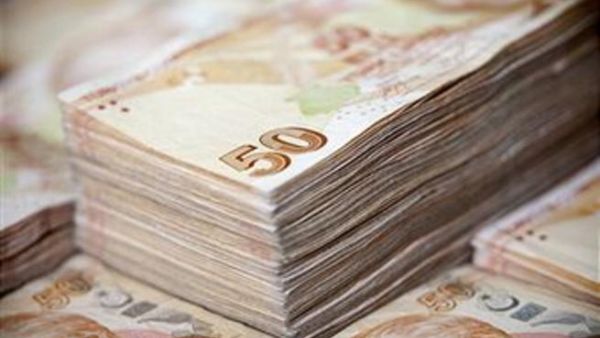Corruption and corporate fraud is costing companies and governments about $40 billion dollar a year and is increasing globally, a World Bank and United Nations joint report said.
The World Bank highlighted 817 corporate vehicles’ which were implicated in 150 corruption cases worldwide and involved about $56.4 billion (Dh207 billion) over the last few years, in the report released yesterday. Most large-scale corruption cases involve using legal entities to conceal ownership and control corrupt proceeds, the study released by the Stolen Asset Recovery (StAR) Initiative of the World Bank and the United Nations Office on Drugs and Crime, said.
In the report titled, Puppet Masters: How the Corrupt Use Legal Structures to Hide Stolen Assets, it suggests policymakers need to take steps to improve transparency to reduce opportunities for wrongdoing. “We need to put corporate transparency back on the national and international agenda,” said Emile van der Does de Willebois, World Bank Senior Financial Sector Specialist who led the StAR research team. “It is important for governments to increase the transparency of their legal entities and arrangements and at the same time improve the capacity of law enforcement.”
The study explains how corrupt public officials and their associates conceal their connection to ill-gotten funds by exploiting legal and institutional loopholes that allow opacity in companies, foundations and trust-like structures. “Every day, funds destined for schools, healthcare, and infrastructure in the world’s most fragile economies are siphoned off and stashed away in the world’s financial centers and tax havens,” Dr. Ngozi Okonjo-Iweala, Coordinating Minister of Economy and Minister of Finance, Nigeria former Managing Director, World Bank, said in the report.
The report identifies weaknesses in company formation, registry, auditing and lack of proper identification in offshore registries that helps people set up shell companies and use front men to channel money. Company experts say the licensing processes in the UAE are much better than many others.
Investment adviser and an expert in business registration, Dr Khalid Maniar, Managing Director of AGN MAK, said, “Licensing and business registration process in the UAE is quite good and it requires a lot of documents. However, there is room for improvement.” Most shell companies and corporate vehicles are usually registered with offshore registries. Jebel Ali and Ras Al Khaimah offer offshore licences.
Raju Menon, managing partner of Morison Menon Chartered Accountants, said, “The UAE’s offshore registries are more transparent from others. You need to go through a lot of paperwork and these are thoroughly checked by authorities before issuing licenses. So, there is little room for such fraud in the UAE.” The DIFC recently fined two companies for lack of disclosure and compliance.








